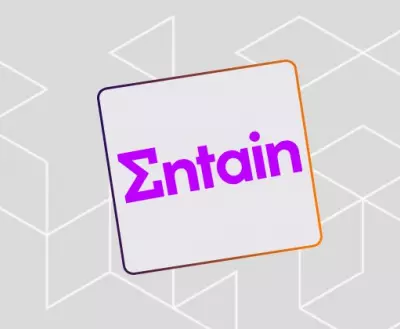When governments allow liberal laws around casino regulation, they do so almost universally in the expectation of securing their own slice of the pie. Gambling operators contribute untold fortunes in tax revenue in virtually every jurisdiction permitted, providing a vital source of state revenues – not to mention creating jobs, and stimulating wider economic growth.
But when casinos don’t pay the taxes they’re due, it understandable attracts the ire, and unwanted scrutiny, from tax authorities.
That’s exactly the situation unfolding in India, according to reports emerging in local media. The Directorate of Revenue Intelligence recently served casinos in Goa with a demand for so-called “service taxes” on their license fees, in a move some industry figures considered to be a shameless tax-grab from profitable casino operators.
Now, it seems the casinos aren’t quite playing ball with the Revenue. The Intelligence branch has therefore launched investigations into the 10 largest operators based in Goa, on suspicion of their allegedly deliberate attempts to evade their service tax bill.
Amount to as much as 15% of license fees, the investigations could see casino operators forced to pay up – despite opposition from industry experts, including from legal and financial sectors. Still, it seems unlikely operators will be able to do much to resist the long arm of the government.
As part of the investigations, the DRI is looking at potential evasion from as far back as 2014, claiming that anything other than full payment would amount to a breach of clear laws around which taxes operators should be paying.
Not everyone agrees with their analysis. Abhishek A. Rastogi, an attorney with an interest in the sector, has filed court papers challenging the government, suggesting the tax demand was made with no legal basis.
“Demanding tax on statutory license fees is absurd. It’s like demanding tax on passport fees paid to the government. Based on a circular, the DRI has initiated investigation for applicability of service tax.”
“There needs to be an element of service and quid pro quo for an activity to be taxable.”
His is a view shared by tax experts at Deloitte India, where a partner, M.S. Mani, is on record as saying casinos shouldn’t have to pay twice, when they are already reverse-charged taxes.
Given the backdating, there may be some potentially large repayments and possibly even fines to come, which will cover both the region’s five land-based casinos, and at least a further five floating casinos.
While it remains to be seen whether the courts will take a contrary view, the somewhat audacious bid by the Indian government shows the kind of problems gambling operators frequently encounter with the taxman gets greedy.
Gambling operators are often seen as a soft target. They’re often big companies, with deep pockets to pay taxes. And to a certain extent, governments worldwide feel like they have gambling operators in their back pockets – after all, it’s only by the grace of governments that gambling is legal at all.
While it’s understandable that governments would prefer some degree of regulation over a free-for-all, problems do start to rear their head when respect for the rule of law leaves the room. In the Goa case, that’s exactly what seems to be going on.
As tempting as it may be, tax authorities simply cannot dip in to the gambling market whenever they fancy another payday. It should not and cannot work like that in any jurisdiction that values gambling tax receipts.
Bad policy of this kind only ramps up the incentives for operators to offshore, and ultimately to bypass national laws (and tax collectors) entirely. Even if the tax authorities win the battle, it’s unlikely their current strategy will be good enough to win the war.








